China’s woke Gen Z want sustainability, mindfulness and ‘invisible luxury’– why pricey Western labels aren’t enough for conscious consumers in 2021
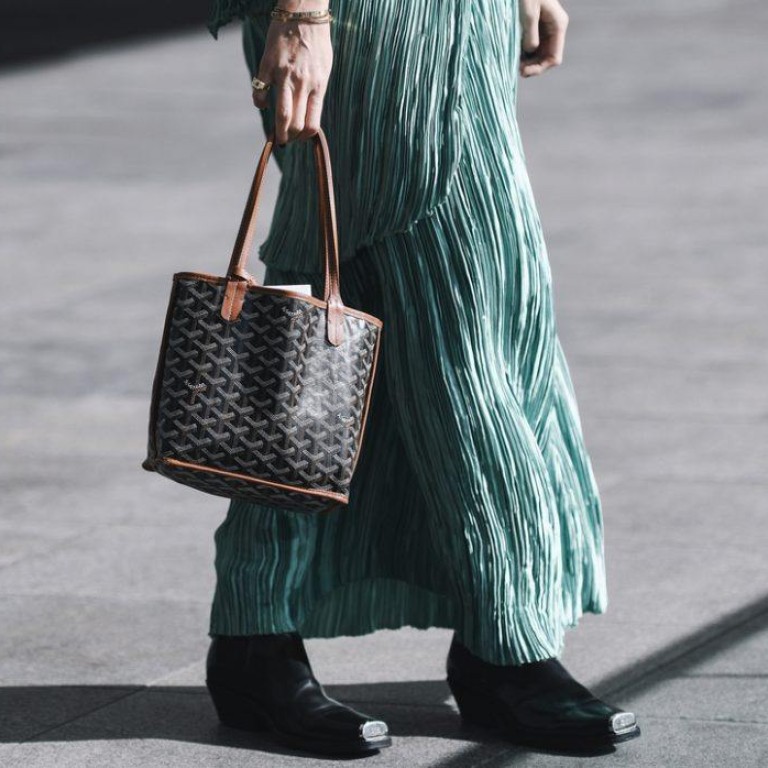
The pandemic has laid out an alternative path for the global luxury industry. Even before Covid-19, young Chinese consumers were insisting that brands step up their eco-friendly efforts and apply mindfulness to their creative processes. But the Covid-19 era has accelerated the process.
In a paper titled “Mindful Consumption: Three Consumer Segment Views”, published in the Australasian Marketing Journal in September 2019, the authors suggest that: “as consumers become more informed and make careful assessments in what to purchase, drawing upon mindfulness can serve as an antidote to the negative aspects of consumerism.” From their perspective, mindfulness “can lead toward enhancing consumer welfare by breaking down previously held consumption habits”.

Modern consumers are more educated and better equipped to make informed purchases. They also have more choices than ever before. Against this background, their values, beliefs and behaviours are evolving to emulate changes in society.
Conscious consumerism is a global trend that’s largely associated with mature markets. But now, China’s younger generations are bringing “woke” culture to the forefront.
Naturally, Generation Z differs greatly from previous generations. While growing up, this cohort enjoyed a high standard of living and witnessed China’s transformation into a global economic superpower. Therefore, their consumption patterns and attitudes toward luxury are more mature. Moreover, like Gen Zers in the West, these consumers adhere to high moral principles.
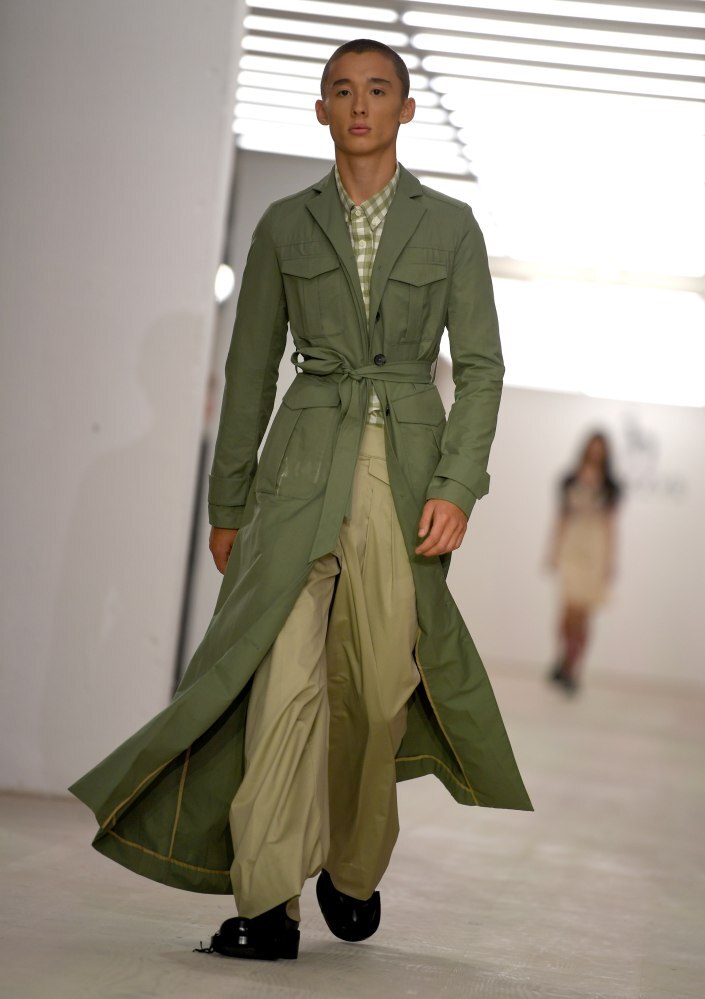
With consumers becoming increasingly interested in mindfulness, leading brands like JD.com and Alibaba (parent company of South China Morning Post) have begun investing in sustainable technologies and green-minded practices. Additionally, the focus of provincial governments is increasingly environmentally aware.
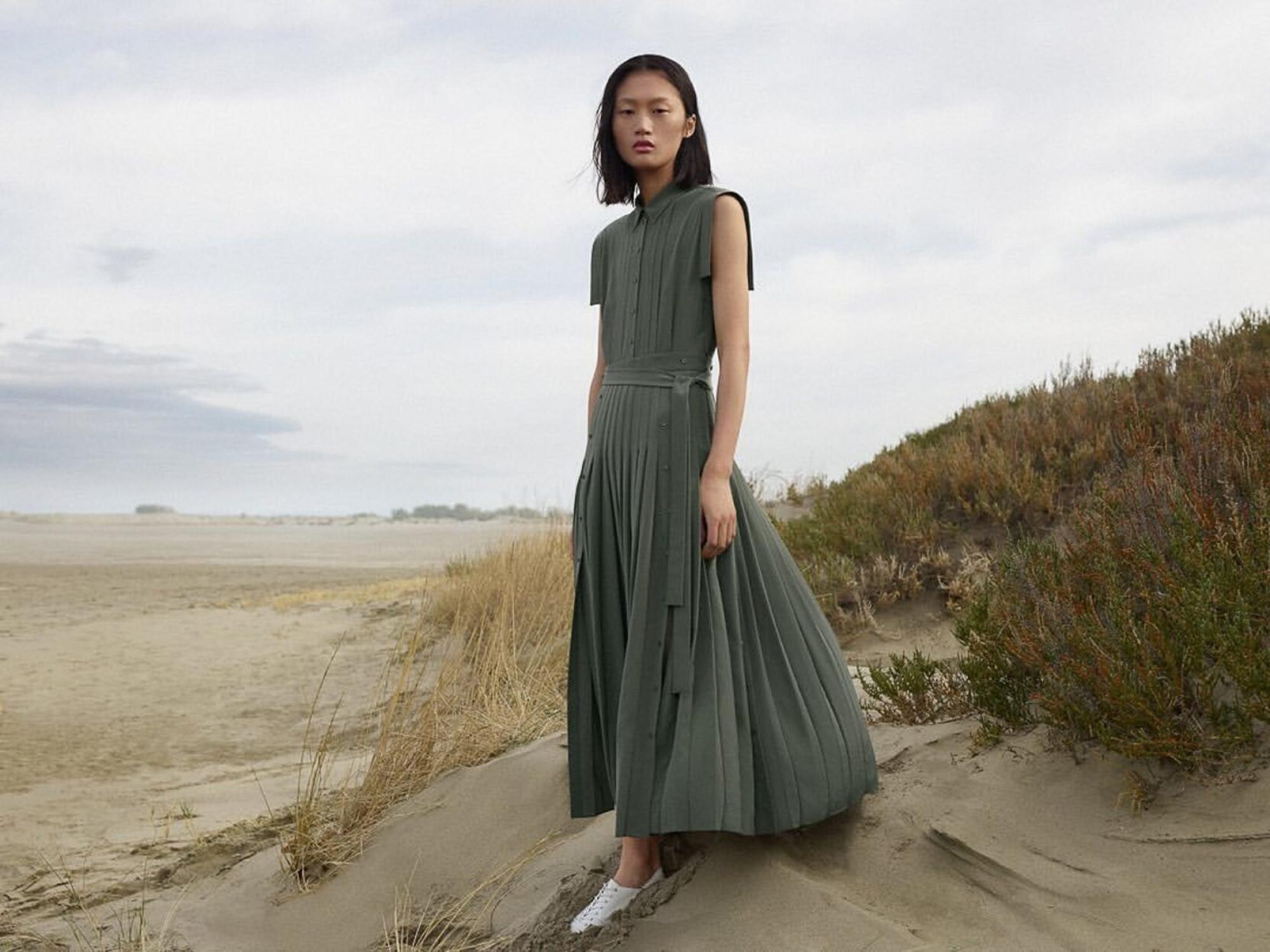
But mindfulness is not solely driven by a passion for sustainability. Consumers have started prioritising their health and comfort and that has been accentuated in an era when consumers have been forced to live with a global pandemic. Unsurprisingly, subscriptions for workout apps like Nike’s Training Club and the Chinese app Keep have seen a boost this year. Sales of home-fitness gear and activewear have also increased, and specialised gyms are booming.
Meanwhile, discreet luxury is another consumer trend that has become a priority post-pandemic. Considering that the gap between the haves and the have-nots has grown significantly in the past year, it is hardly surprising that the affluent class avoids displaying their wealth and now prefers a less visible, silent form of luxury. In a world where tens of millions of people are still struggling to make ends meet, privacy and discretion have become commodities.

While homes in gated communities and private buildings were gaining momentum even before the pandemic, the growth of these neighbourhoods should further change China’s urbanisation trajectory.
Meanwhile, clandestine luxury experiences and secret concierge apps are also in demand meaning luxury labels like Goyard and Hermès, famous for their elusiveness, are in vogue. More generally, the wealthy class is buying more luxury goods online, hidden from prying eyes.
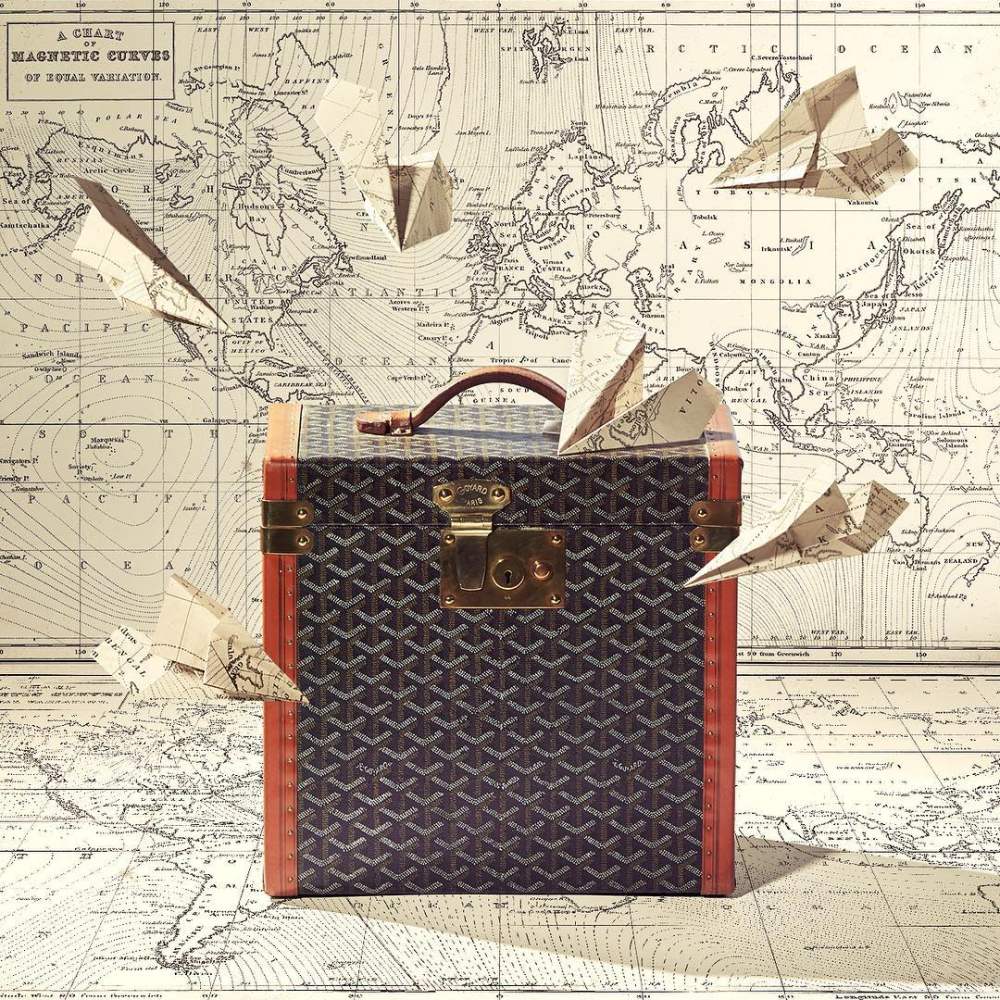
Finally, in a clear sign that anonymity is the new luxury in China, there’s the growth in asset transfers. China’s elite is becoming increasingly Westernised when it comes to offshore investing, with the affluent hiding their wealth in anonymous shell companies, concealing assets because of fear of greater public scrutiny.
According to The Guardian, in 2018, Sun Hongbin transferred US$4.5 billion of shares in his Chinese real estate firm to a South Dakota company. It’s safe to say that the pandemic only fuelled this trend, and more affluent Chinese have avoided tax audits by moving their assets abroad.
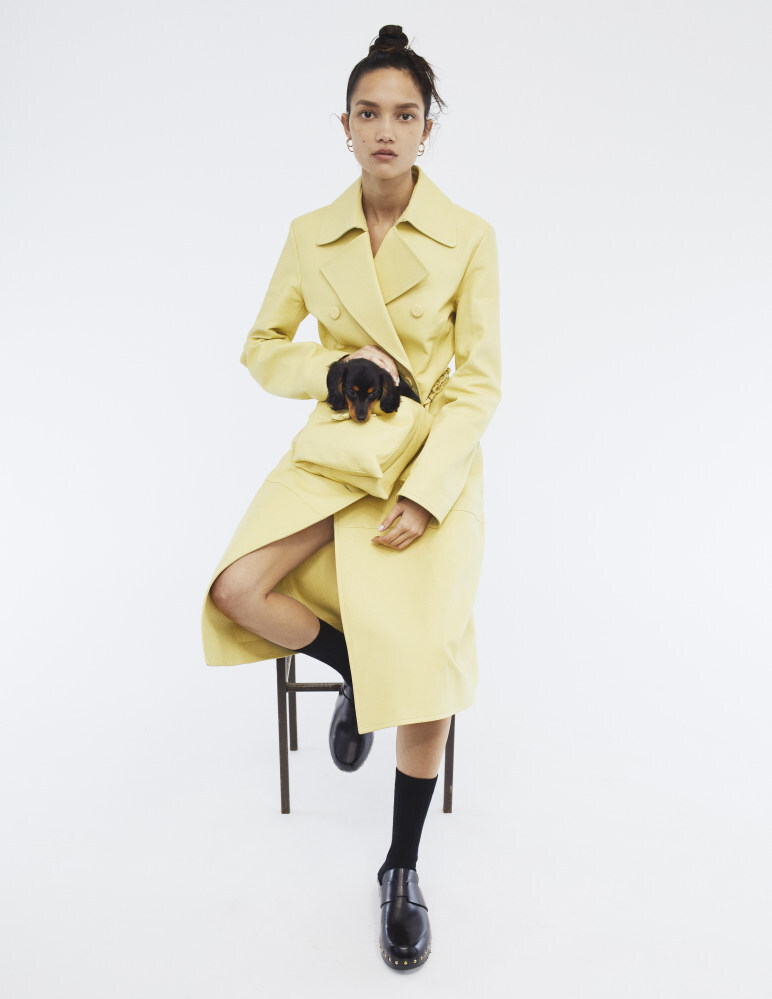
There are also affluent individuals considering a full-time move abroad. In December 2020, South China Morning Post highlighted the arrest of Chinese entrepreneur Sun Dawu and the clampdown on big tech which “has sent chills through some quarters of the business sector”.
“Many are conflicted and feel under pressure given changing rules in China and around the world – move now and risk infection, or delay and risk assets being seized by the government, in what is perceived to be a campaign against private businesspeople,” wrote He Huifeng, senior China and tech reporter at South China Morning Post.

China is rapidly changing, and the luxury industry needs to evolve faster to embrace these recent developments. For too long, mindfulness has been associated with white privilege but today, it has gone truly global.
Luxury brands that build mindful experiences and invest in exclusive and discreet marketing strategies rather than shouty digital media campaigns should be able to reconquer the hearts of the privileged few.
Want more stories like this? Sign up here. Follow STYLE on Facebook, Instagram, YouTube and Twitter.
This article originally appeared on Jing Daily

- Brands like JD.com, Alibaba and Shanghai-based Icicle have begun investing in sustainability and responsible sourcing as green trends dominate for young buyers
- Rising inequality make privacy and discretion commodities, driving demand for labels like Hermès and pushing the wealthy to buy more luxury goods online